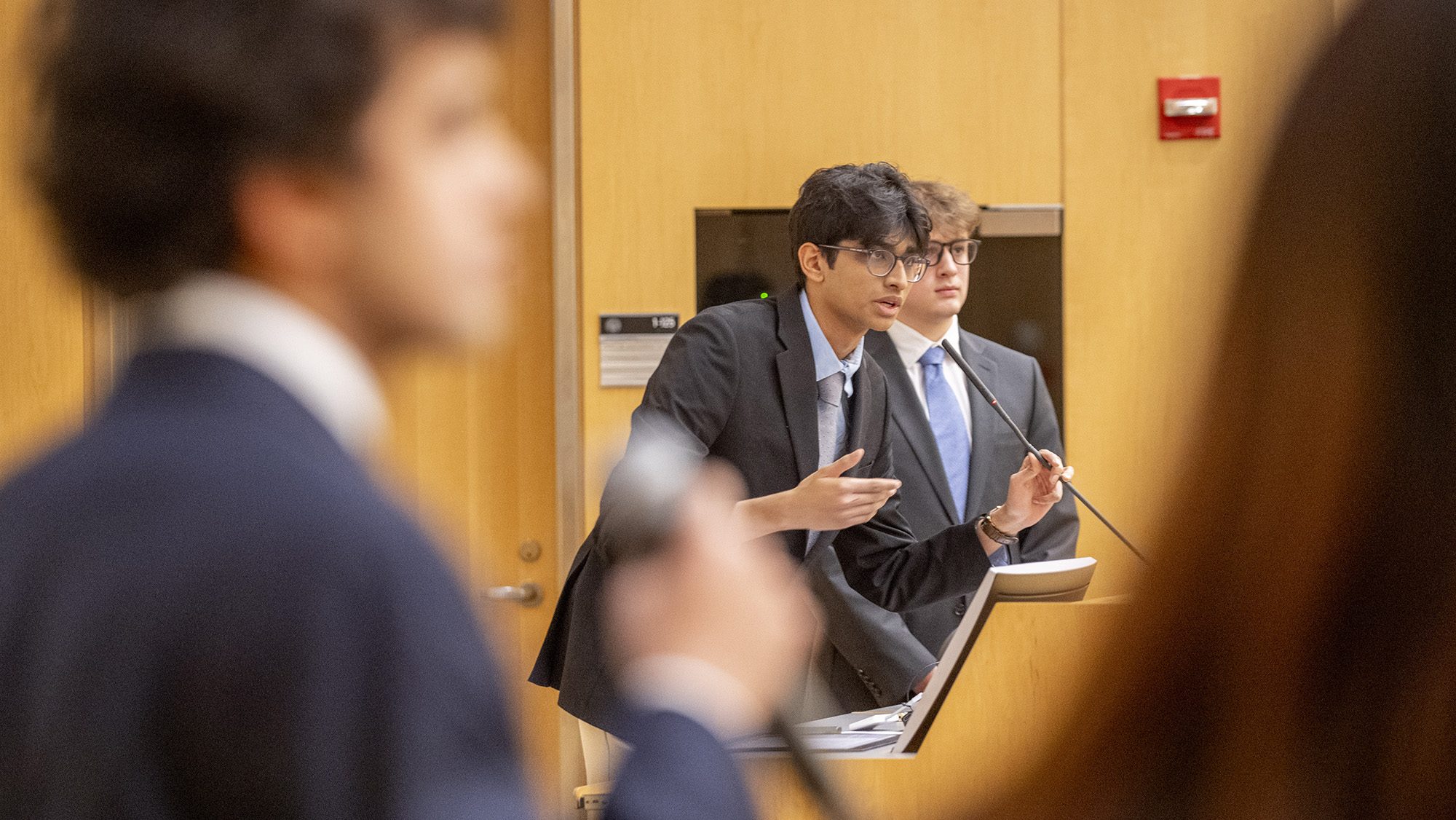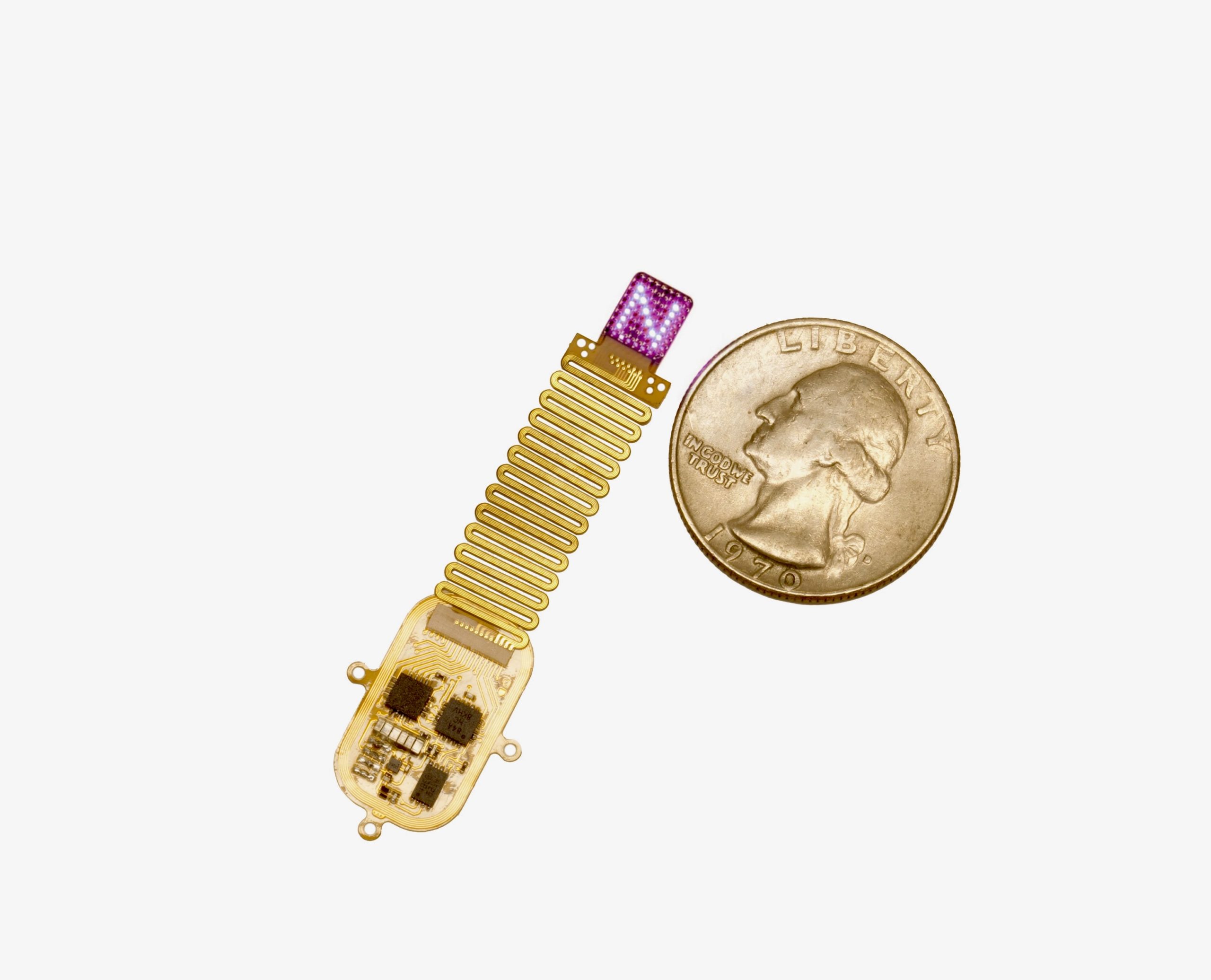Author: kwm107
-

Post-Stroke Injection Protects the Brain in Preclinical Study
Northwestern University scientists have developed an injectable regenerative nanomaterial that helps protect the brain during the vulnerable window after a patient suffers a stroke.
-

Gestational Diabetes Rose Every Year in the US Since 2016
Gestational diabetes rose every single year in the U.S. from 2016 through 2024, according to a new Northwestern Medicine analysis of more than 12 million U.S. births.
-

Tanning Beds Triple Melanoma Risk, Potentially Causing Broad DNA Damage
Tanning bed use is tied to almost a threefold increase in melanoma risk, and for the first time, scientists have shown how these devices cause melanoma-linked DNA damage across nearly the entire skin surface, according to a recent study.
-

Shape-Shifting Cell Channel Reveals New Target for Precision Drugs
In a new study published in Nature Communications, Northwestern scientists have uncovered how a critical membrane pathway controls the flow of chemical messages responsible for everything from brain activity to inflammation.
-

2025 Year in Review
Feinberg experienced a year of discovery and scientific achievement in 2025, from honors and awards to unprecedented research discoveries.
-

NU-9 Halts Alzheimer’s Disease In Animal Model Before Symptoms Begin
In a new study, scientists have identified a previously unknown driver of Alzheimer’s disease, and an experimental drug developed at Northwestern University has demonstrated further promise as an early intervention to treat the disease.
-

Students Collaborate to Solve Global Health Concern at Intramural Case Competition
Students from disciplines across Northwestern recently collaborated to pitch solutions to complex, real-world global health challenges at Global Health Day’s Intramural Global Health Case Competition.
-

New ‘Heart Percentile’ Calculator Helps Young Adults Grasp Their Long-Term Risk
A new Northwestern Medicine study introduces a first-of-its-kind online calculator that uses percentiles to help younger adults forecast and understand their risk of a heart event over the next 30 years.
-

Wireless Device ‘Speaks’ to the Brain With Light
Northwestern scientists have developed a wireless device that uses light to send information directly to the brain — bypassing the body’s natural sensory pathways, as detailed in a new study published in Nature Neuroscience.
-

Medical and MPH Students Present Research at Poster Session
Feinberg recently hosted a joint poster session for second-year medical students and students in the Master of Public Health program, bringing together 120 MD and MPH students who presented projects spanning public health, clinical medicine, basic science and health equity.




